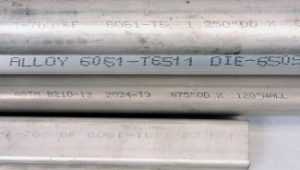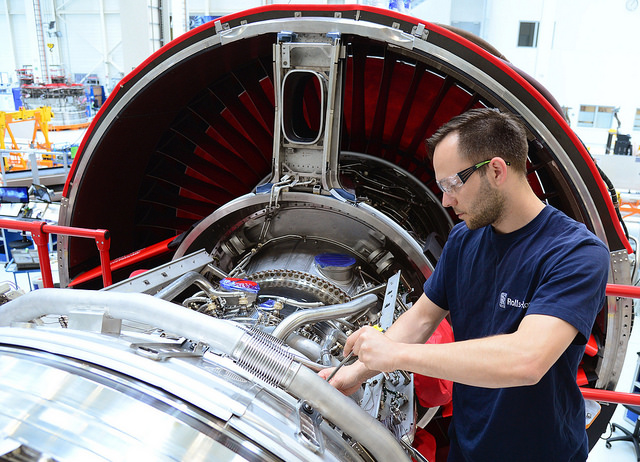Feasibility Studies for Aerospace Applications Should Review Heat Treatment
Source: Precipart
When designing for manufacturability (DFM) for aerospace applications, should a design team commission a comprehensive feasibility study? In this article from Precipart, which designs and manufactures high precision custom gears and mechanical components for the medical technology, aerospace and industrial sectors, read about application-specific requirements, concerns with production tooling, and tolerance of materials for post-fabrication processes, including heat treatment:
- key specifications of a gear or motion control system
- potential design issues that may occur throughout the life of a device; for example, how heat treatment, among other post-fabrication processes,
- recommendations to address performance issues in various environments and conditions
Read more: “What Are the Benefits of an Aerospace Gear Feasibility Study?”
Feasibility Studies for Aerospace Applications Should Review Heat Treatment Read More »









